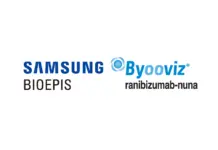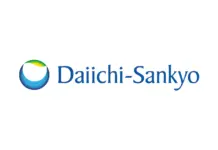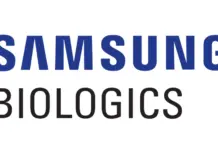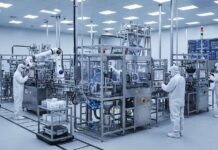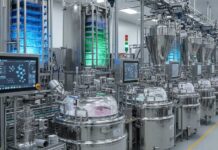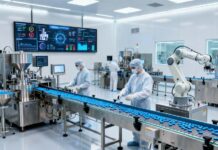GlaxoSmithKline plc announced a five-year collaboration with the University of California to establish a state-of-the-art laboratory for CRISPR technologies, the Laboratory for Genomics Research (LGR). The new laboratory will explore how gene mutations cause disease and develop new technologies using CRISPR to rapidly accelerate the discovery of new medicines.
The LGR is the brainchild of Professor Jennifer Doudna, University of California Berkeley (UCB), a co-inventor of CRISPR technology and Howard Hughes Medical Institute (HHMI) Investigator; Professor Jonathan Weissman, University of California San Francisco (UCSF), a pioneer of CRISPR screening technology and HHMI Investigator; and Dr Hal Barron, Chief Scientific Officer and President, R&D, GSK.
With the recent explosion of information from human genetics, scientists need powerful tools to understand why small changes in a person’s genetic make-up can increase the risk of diseases, an area of science called functional genomics. The most powerful tool in functional genomics, CRISPR, allows this to be done at a scale once thought impossible. Through this research, scientists can discover and develop novel therapies that have a higher likelihood of becoming medicines.
Dr Barron said: “Technology is key to our innovation strategy at GSK, and CRISPR is one of the most important technologies of our time. With the expertise of Jennifer and Jonathan helping to steer the LGR, I am confident the lab will significantly advance our scientific understanding of the relationship between genes and disease to help find better medicines faster.”
The LGR represents a novel hybrid model that brings together industrial and academic researchers under a single roof working on projects both together and independently. The outputs of those research projects will be focused on technologies, new drug targets and biological mechanisms that will foster both academic and industrial advances.
The new laboratory will also be a resource for investigators at both University of California (UC) campuses, who can access and use its technology to answer their own biomedical or other biological questions, and to develop new tools that explore how genes work.
Prof Doudna said: “Over the last seven years, CRISPR has transformed academic research, but until the LGR, we haven’t had a focused effort to catalyze the kind of research we know will lead to new innovation using this CRISPR tool. LGR is about building that space where creative science is partnered with the development of robust technology that will help develop tomorrow’s drugs. I think we’re going to be able to do science that none of us can even imagine today.”
The LGR will receive up to $67 million in funding over a five-year period which will include facilities for 24 full-time university employees funded by GSK, plus up to 14 full-time GSK employees. With a focus on immunology, oncology and neuroscience, the laboratory will be based near the UCSF Mission Bay campus in San Francisco. GSK’s artificial intelligence and machine learning group will also be involved in building the necessary computational pipelines to analyze all the data. The LGR aims to automate existing CRISPR approaches so that this work can be done at scale. Ultimately the goal is to deepen our understanding of genetics and Discover new targets, and to create next generation technologies that will become future standard practice for the pharmaceutical industry.
Prof Weissman said: “One of our key goals is to advance the field overall and make these tools as broadly available as possible. The LGR screening center will enable labs at UCSF and Berkeley, and having access to it will give our scientists opportunities to advance their research in ways that would be very hard for them to do in their own labs.”
In keeping with UC’s public mission, the tools that are developed in the lab will be described in published papers, subject to intellectual property provisions, and will be available for use by other academic and non-profit labs.
The collaboration will be governed by a Joint Steering Committee with equitable University and GSK representation, with additional joint sub-committees covering patents, scientific and project management. Prof Doudna and Prof Weissman will be members of the Joint Steering Committee, together with GSK’s new head of functional genomics, Dr Chris Miller, who just joined GSK from AbbVie. This builds on the work of the Innovative Genomics Institute (IGI), a separate UC Berkeley/UCSF nonprofit research center co-directed by Prof Doudna and Prof Weissman, whose mission is to use CRISPR to improve public health.
The collaboration will build on GSK’s existing collaborations with companies such as 23andMe, which delivers genetic information at scale. By applying artificial intelligence and machine learning to identify correlations between genetic variants and disease, researchers can select for clinical trials those patients who are most likely to benefit, thereby speeding up the drug development process.









